Dentistry could not be carried out without the use of dental forceps. From tiny to large, and varying in design, these tools are essential for performing numerous dental procedures.
Bleeding can be managed with the help of hemostats, a type of forceps which are available in a variety of sizes and shapes made from either stainless steel or titanium.
From dentures extracted to bicuspids shifted, forceps come in handy when it comes to dental procedures. Dental extracting forceps are instruments employed to extract teeth, while orthodontic forceps are used to manipulate teeth and guide them into their desired positions.
Dental practitioners use periodontal forceps for extracting plaque and tartar from their patients’ teeth. These tools are essential for providing oral hygiene care and ensuring identifying and treating oral health issues.
Specialized tools, known as root canal forceps, are utilized for the purpose of extracting diseased matter from teeth.
Unlike stainless steel forceps, titanium ones are highly desired in the realm of dentistry for their superior durability and gentleness to tissue. These advantages have crowned Titanium forceps as the top choice for a range of dental tasks.
Today’s oral care landscape is teeming with various brands and models of dental forceps. Some of the most sought-after offerings include:
Comfort and the type of tissue being worked with should both be taken into consideration when selecting a pair of forceps. Ensure that the size and style are suitable for you and also make sure the tool is adequate for the procedure you will be carrying out.
Sterilization is absolutely pivotal in forceps utilization; this can be achieved through both autoclave operation or chemical agents.
A crucial step in utilizing forceps on a patient is donning gloves, creating a defensive layer against the risk of contamination.
For optimal performance and sanitation in dental procedures, dental forceps are essential. Proper sterilization of these tools before use is imperative, as is wearing protective gloves to avoid potential infection. By taking precautions when operating, it is possible to make dental operations run faster and smoother.
Related Product
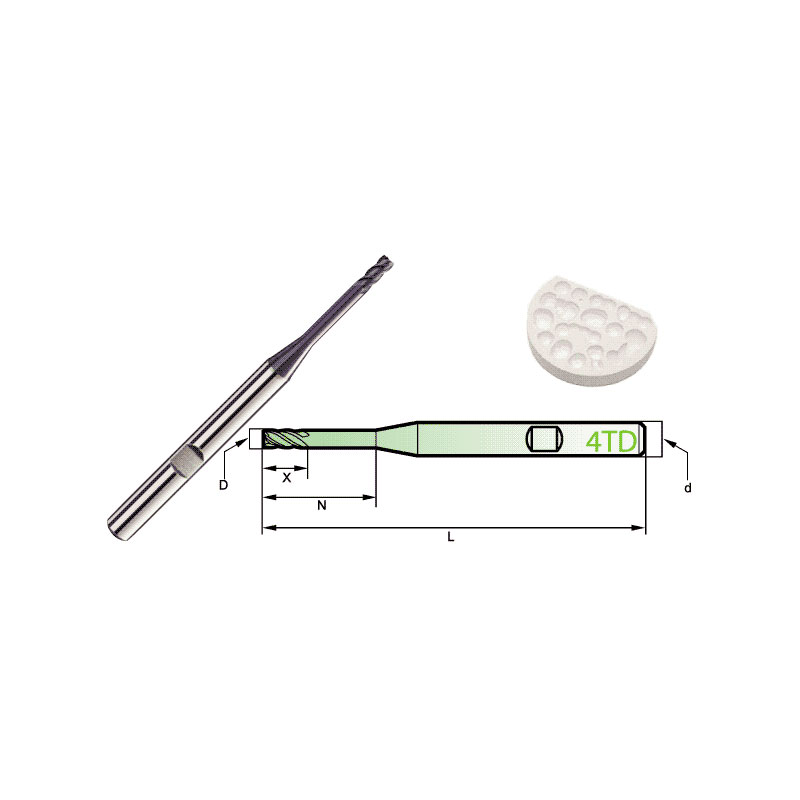
Carbide Roland CAD/CAM Burs
Product Information Origin Tianjing, China Brand MSK Number Of Blades 4 Product Name Dental Special 4-Blade End Mill Model D Number Of Blades Z X N L d 4TD2060HB 2 4 […]
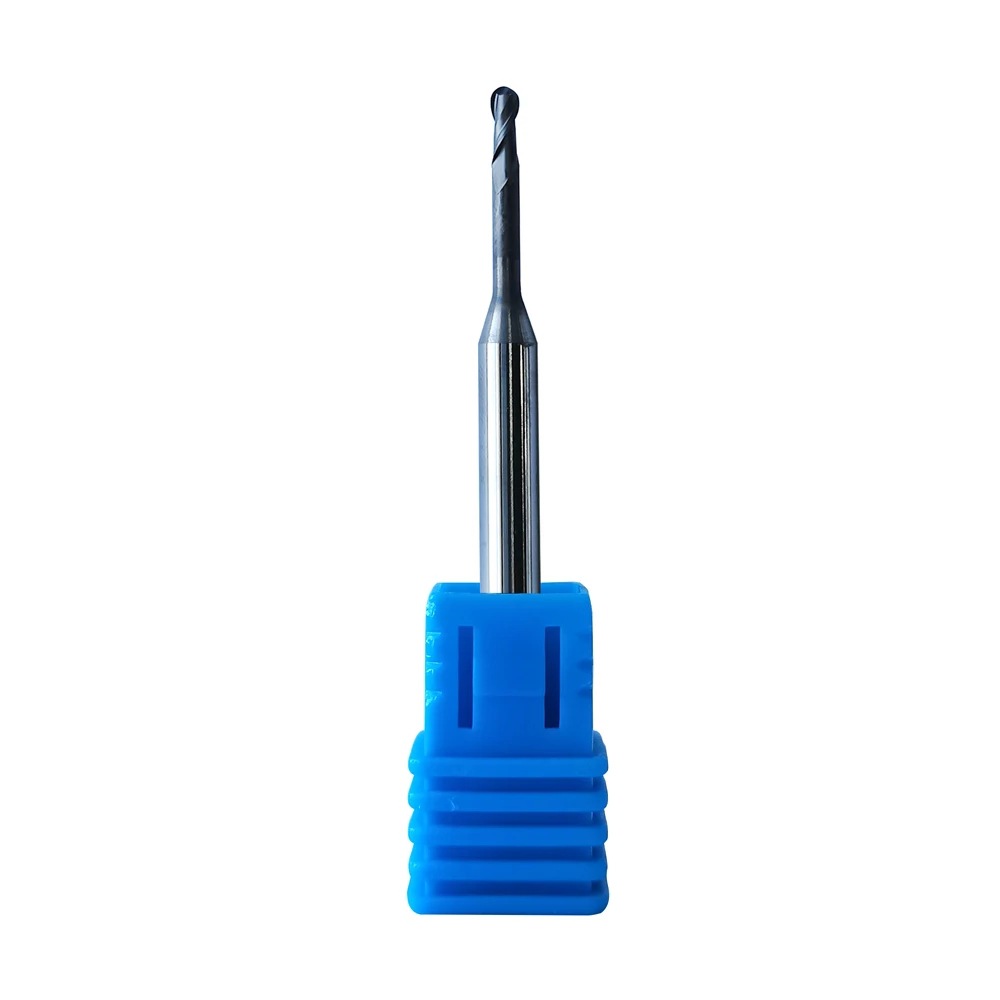
Supply Roland DLC Zirconia Burs
Product Information Origin Tianjing, China Series Dental Bur Brand MSK Cutting Edge Form 2 Blade/3 Blade Ball Diameter (Mm) 0.6, 1, 2 Material Very Fine Grained Cemented Car […]
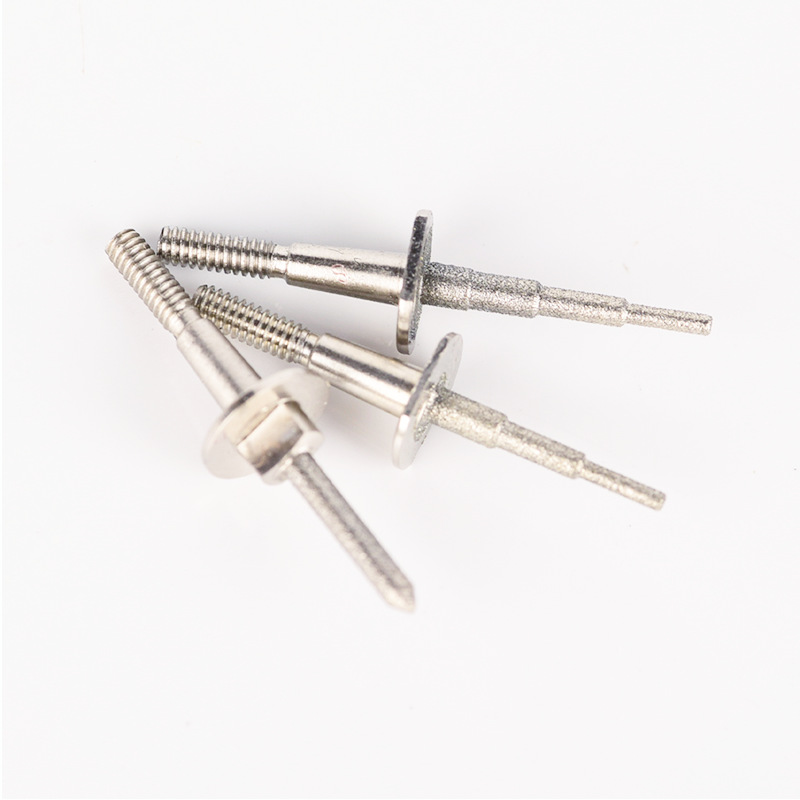
Step Bur Milling Bur Grinder for Glass Cerami
Product Information Origin Tianjing, China Shank Diameter 1.8 (mm) Brand MSK Scope Of Application CEREC3 Grinding Equipment Material Stainless Steel/Carbide Main Sales Areas […]
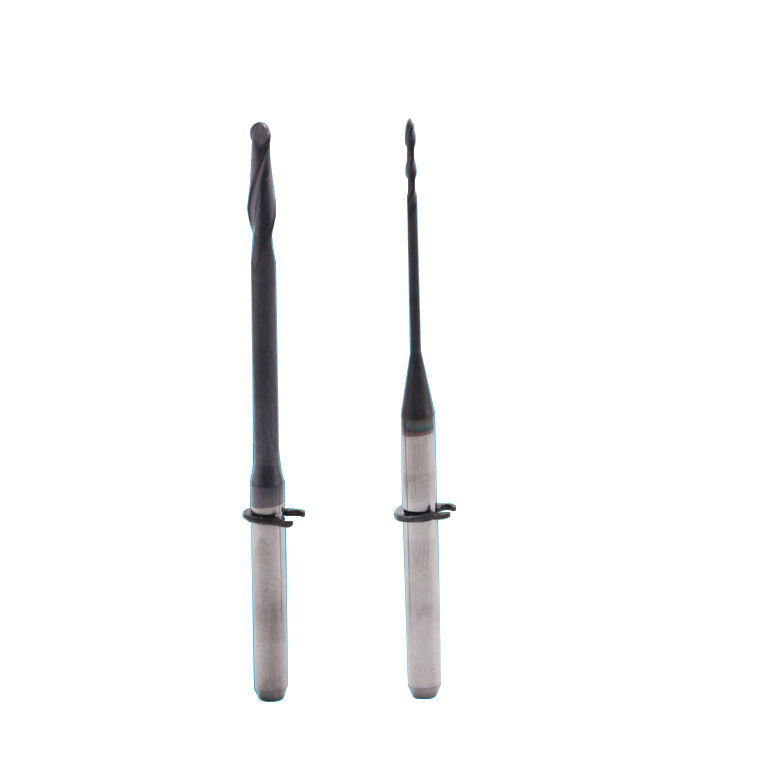
Dental CAD/CAM Milling Burs
Product Information Origin Tianjing, China Material Stainless Steel Brand MSK Applicable Machine Tools A Variety Of Options Custom Processing Yes Whether To Coat No Is It a […]
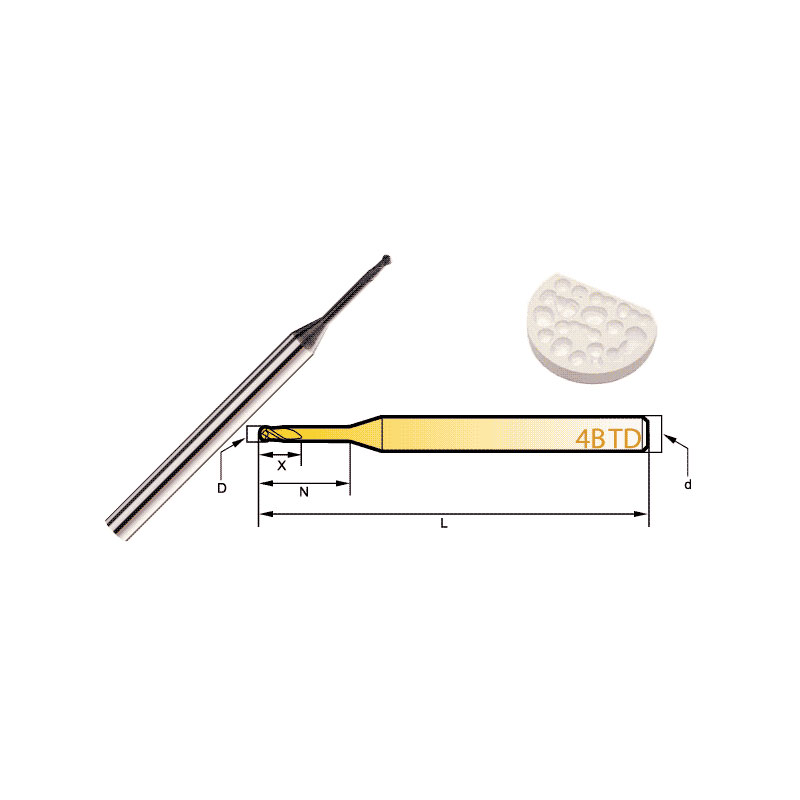
Diamond Bur Ball Round
Product Information Product Name Dental 4-Flute Ball End Mill Brand MSK Model D Number Of BladesZ X N L d 4BTD2060 2 4 6 6 50 3 4BTD2010 2 4 6 10 50 3 4BTD2016 2 4 6 […]
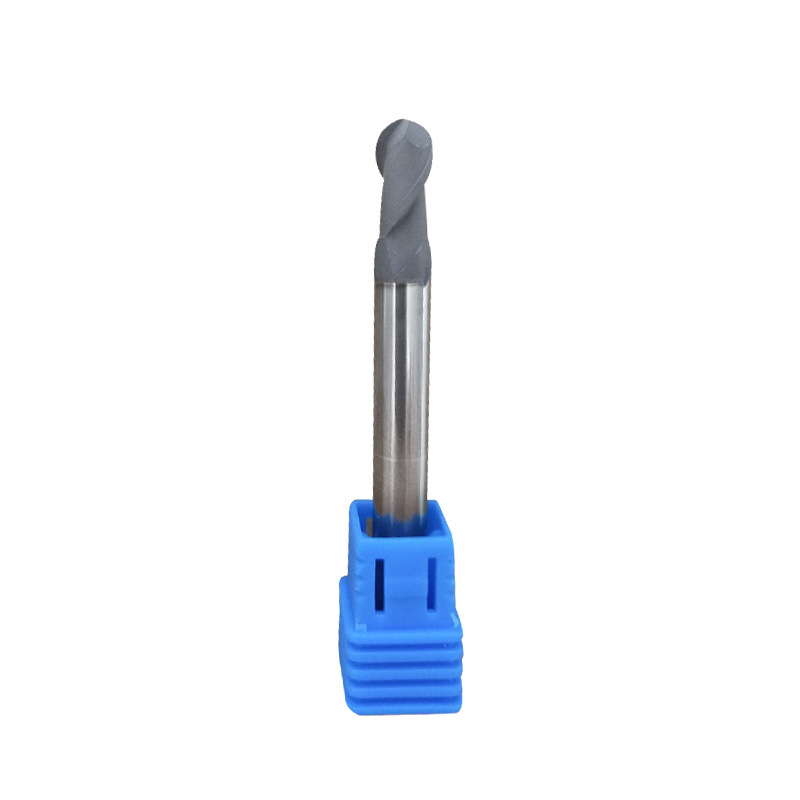
Diamond Coating Round Diamond Cutters
Product Information Origin Tianjing, China Series U Series Brand MSK Cutting Edge Form Helical Structure Ball Diameter (Mm) 3 Material Carbide Minimum Cutting Diameter At Th […]
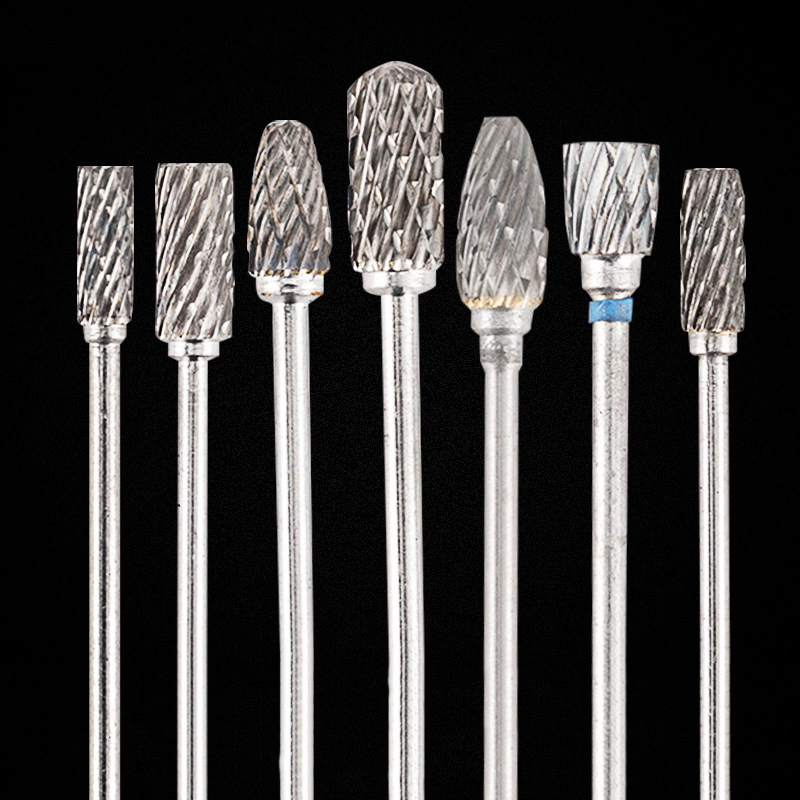
HP Deburring Carbide Burs
Product Information Brand MSK Material Tungsten Steel Model Grinding Head Custom Processing Yes Feature: The dental grinding head is made of tungsten steel with stabl […]
Post time: 2023-06-23
